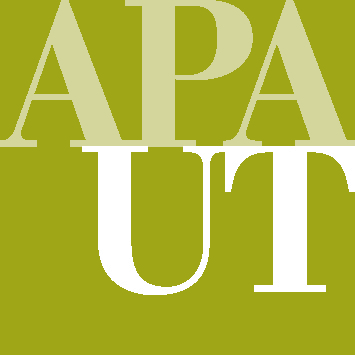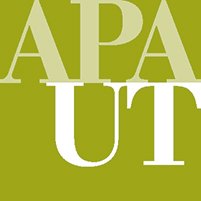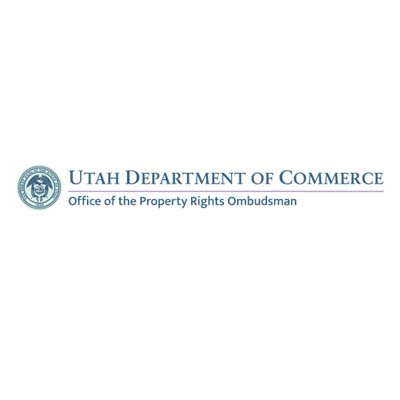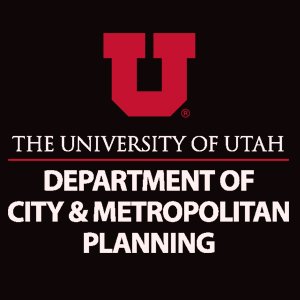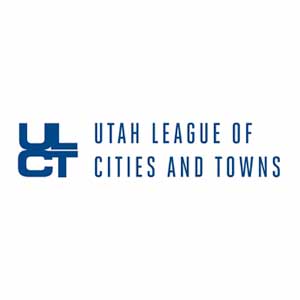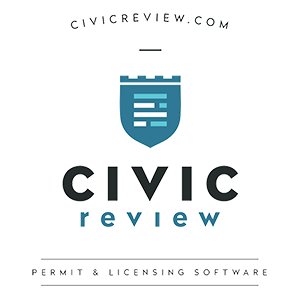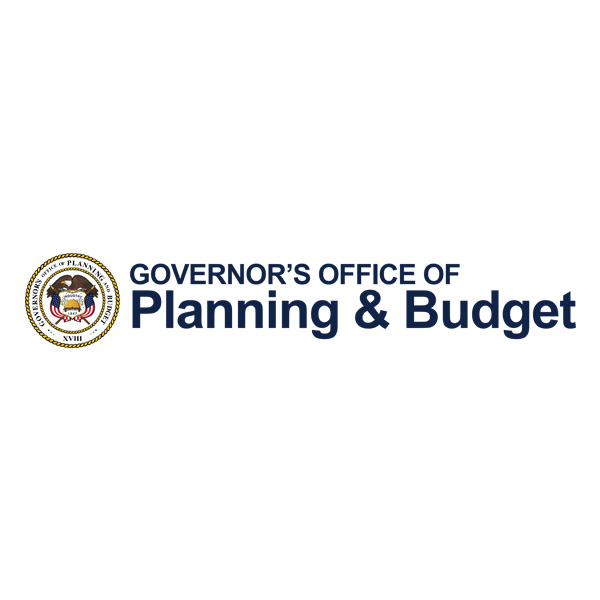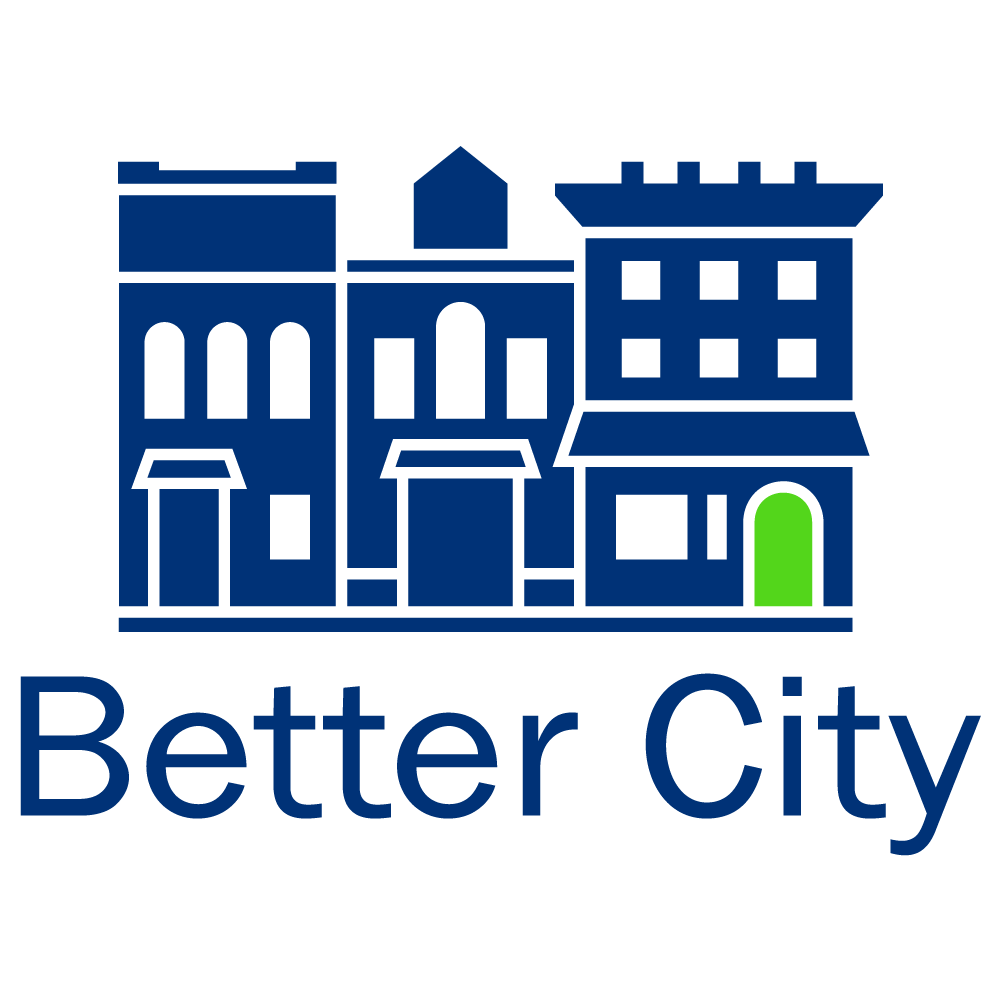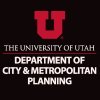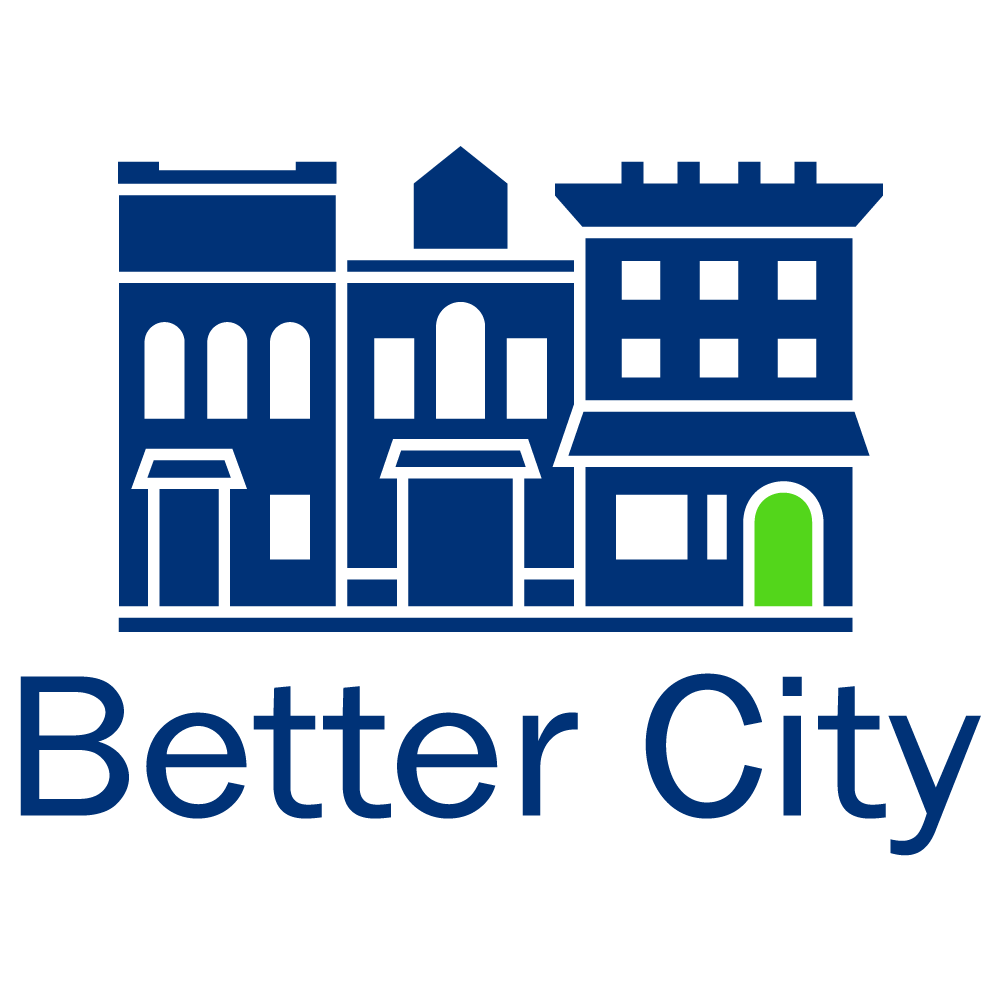Lead and Inspire with Purpose: AICP Code of Ethics Update
December 22, 2021 by admin
Policy/Legislative
As professionals, we embrace guiding principles to conduct ourselves with honesty, integrity and purpose. A code of ethics fulfills that role in so many ways. The AICP Code of Ethics and Professional Conduct guides and inspires ethical decision-making and protects AICP-certified planners when faced with controversial or difficult choices.
I have always been inspired by the AICP’s Code of Ethics. I read the aspirational principles at least twice a year. Each time I read them, I am filled with a renewed sense of energy and purpose. I have read the code of ethics of other allied professionals and I can tell you, firsthand, that the planners’ code is distinct. It is inspirational and aspirational and truly emphasizes our pursuit to protect the public health, safety, and welfare. Our Code of Ethics makes be proud to call myself a planner.
The AICP Commission first adopted our modern-day code of ethics in March 2005. The code was revised in April 2016 and then again in November 2021. Each revision, like our profession, evolved to adapt to contemporary issues and practices.
The new Code of Ethics and Professional Conduct will become effective January 1, 2022.
Read the updated AICP Code of Ethics and Professional Conduct
During the update process, the task force that was appointed to update the code reached out to members, chapters, and divisions through a virtual town hall and meetings. The 2021 revision expands the aspirational principles from three sections to five and reorganized the Rules of Conduct into more logical groupings. APA and AICP strongly believes these revisions urge planners to account for the planners’ role in social justice and racial equity; to respect the rights of others and to increase opportunities for underrepresented groups to become professional planners.
Most members have welcomed the revisions while a few have expressed concerns about a social equity focus. It should be noted that these aspirational principles to advance social equity and address racial inequity are not new. They have been in our code since 2005 and that inspired by our Ethical Principles in Planning adopted in 1992 as part the APA’s Agenda for America’s Communities.
DIVERSITY, EQUITY, INCLUSION
Diversity, equity and inclusion are core values of the American Planning Association and a revised code of ethics continues to make those values real to our profession, practice and the people we serve. But after years of discussing diversity, equity, and inclusion (DEI), some people are still not clear about what it means. I will share my personal definitions in the hope that I can cut through the fog of confusion.
Equity means fairness. Diversity means the value of different perspectives. Inclusion means to be included and not excluded, to create a sense of belonging and make people feel welcome. Access means to remove physical, cultural and regulatory barriers. Applying these simple definitions to our practice should motivate us to focus on our valuable role as planners.
ASPIRATIONAL AND MANDATORY BEHAVIORS
As stated in the revised Code of Ethics, to meet our obligation to the public, we now must aspire to five principle categories. Please keep in mind that these principles (Section A) are aspirational and not mandated rules of conduct. The five new aspirational categories are:
- People who participate in the planning shall continuously pursue and faithfully serve the public interest;
- People who participate in the planning process shall do so with integrity;
- People who participate in the planning process shall work to achieve economic, social and racial equity;
- People who participate in the planning process shall safeguard the public trust; and
- Practicing planners shall improve planning knowledge and increase understanding of planning activities.
The Rules of Conduct (Section B) is mandated behavior for members of AICP. The 2021 version improves alignment of rules, clarifies types of employment and perceived conflict of interest, and reduces the use of frivolous complaints by an aggrieved member of the public against an AICP member. Only an AICP member now can file an appeal of a determination by the Ethics Officer related to a complaint of misconduct.
Thank you to the AICP Commission, Code Update Task Force, and AICP members for your leadership and input to make these important revisions a reality. The new year will bring a new focus to our code and professional conduct. I am grateful to the dedicated members of AICP who I am confident will continue to conduct themselves with honesty, integrity and a renewed sense of purpose.
Top Image: View of AICP’s updated Code of Ethics.
ABOUT THE AUTHOR
Recent News
- » Hurry, it’s the final week to grab your conference tickets at regular prices!
- » 2024 APA UT Spring Conference: Cedar City, UT. The Call For Sessions is Currently Open.
- » As Post District nears its grand opening, only some restaurants will be ready
- » Planning in the news: BYU students aim to eliminate parking woes through AI tracking system
- » Planning in the news: Living in Daybreak- What residents say the Utah community is really like
- » Planning In The News: Planning Commission green lights proposed ban on gas stations near waterways and parks
